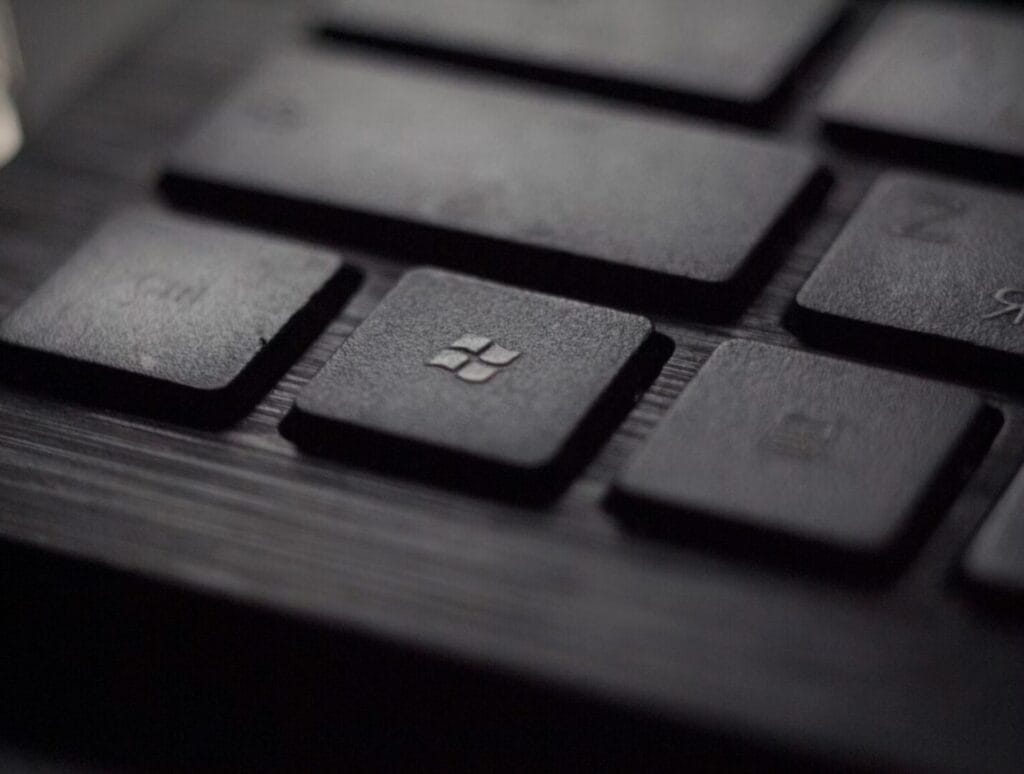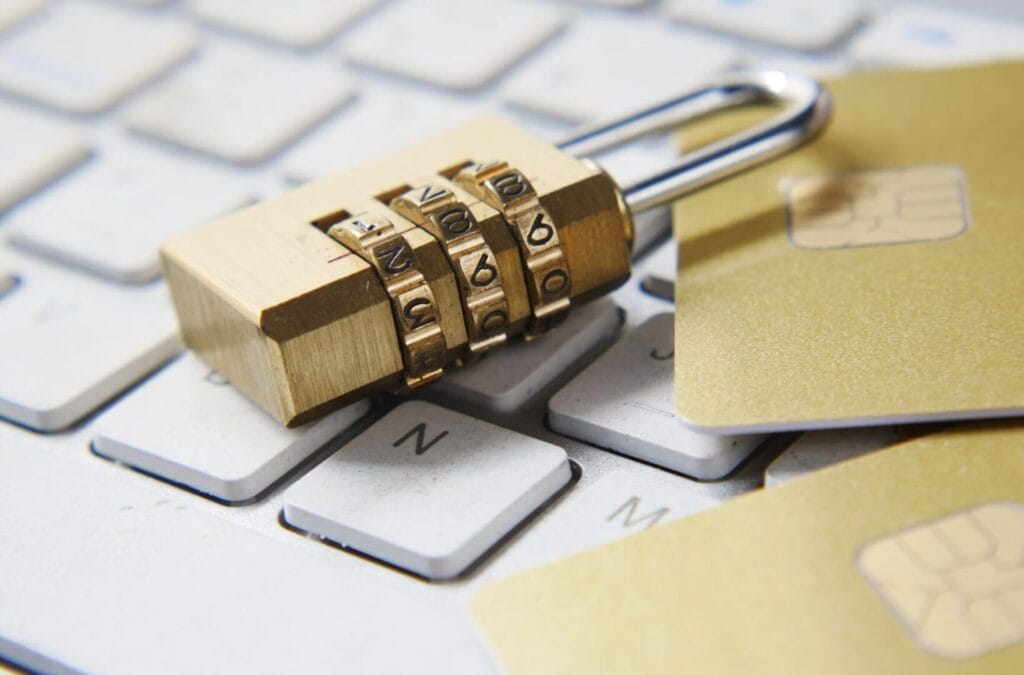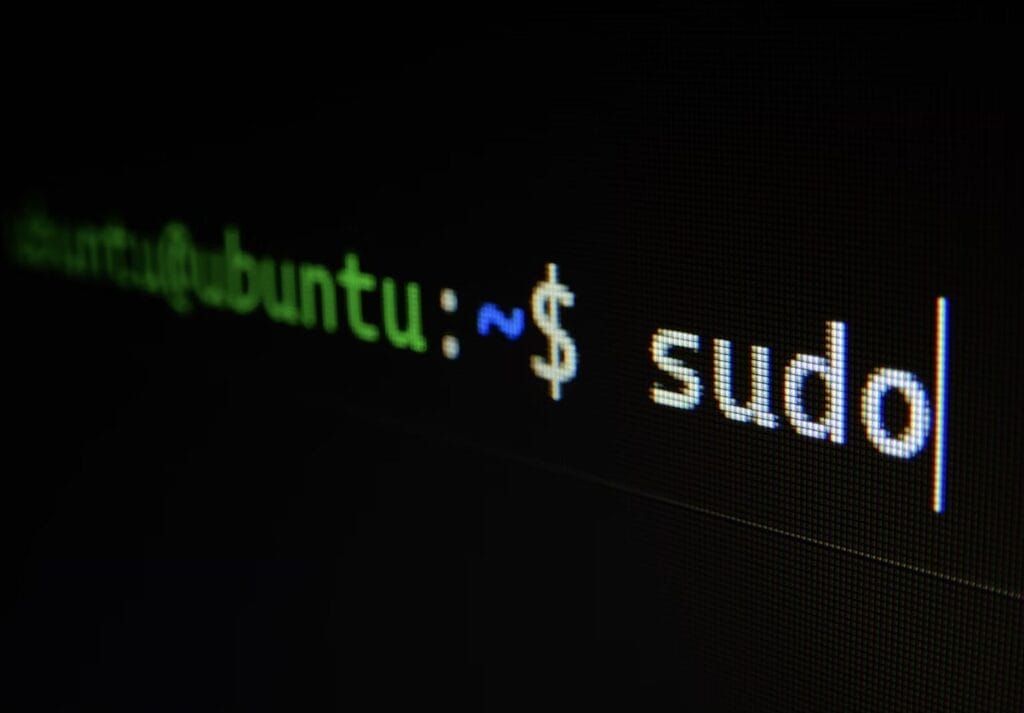Quick overview:

In terms of Earth history, 10 years is nothing, but in terms of technology, it feels like an eternity.
Since 2015, Windows 10 has been the backbone of everyday computing for millions of users. At the time, it was touted as the "last version of Windows" that would continue to evolve through updates instead of being completely replaced. However, this promise will no longer be kept on October 14, 2025, as Microsoft will officially discontinue support for Windows 10 on this date.
But the end of this operating system means more than just saying goodbye to another version of Windows - it could also mean the end of a safety net for you and your device on which you have installed Windows 10.
If you want to continue using Windows 10 beyond the above date, your data, privacy and digital security are exposed to non-negligible risks.
Why this "End of Life" means an "Open Door"
The "End of Life" doesn't sound so harmless or peaceful. In reality, it means something even more sinister: because the future holds no further security updates for Windows 10, no patches and nobody at Microsoft is looking after your old operating system. Your computer will still work, but it will almost certainly become a favorite target for countless hackers worldwide who don't mean you any good.
These unwanted system intruders mainly target unsupported systems. Once Microsoft discontinues support, the criminal attackers know that any vulnerability they discover will remain open forever. Malware, ransomware, identity theft - suddenly the odds are stacked against these internet desperados.
If you decide to stick with Windows 10, you might as well leave the front door unlocked and hope that someone who doesn't mean you well will notice at some point. But rest assured, you will be discovered.
The long chain of online security
The problem is, online security can be seen as a kind of chain, with your computer being the first link. Banks, retailers, streaming services and even perhaps the new online casinos of the world invest millions in protecting your data, trying to secure it with encryption and fraud detection. But all these security measures are of absolutely no use if your device itself is vulnerable to malware.
Imagine it like this: An application is a safe, but your computer is the door to it. If this door is old, broken or wide open, the safe no longer matters. Even industries like gaming, which invest heavily in advanced fraud prevention and fair play algorithms, can't protect you if your operating system has been hacked.

You still have Windows 10? This is what you need to do now
So what should you do now? The good news is that you have several options, but each has its own specific pros and cons:
1. Upgrade to Windows 11
This is the simplest and most future-proof choice.
Windows 11 offers stronger built-in security, better performance and enables ongoing updates that ward off the dreaded hacker attacks. Many PCs from recent years meet the system requirements, so the transition will be easier than you originally thought. Even though some of your aging apps may need certain adjustments, most of the commercially available software is already optimized for Windows 11.
If you switch now, your data, passwords and files will remain protected while you gain access to modern functions and improvements of this operating system.
The downside? Some older PCs may not meet the requirements of Windows 11, which could make a hardware upgrade unavoidable. You'll also have to get used to the new layout and features that Windows 11 offers, and some older apps, if the update isn't successful, you'll have to replace with new or alternative apps. For most users, these will only be minor limitations, especially when compared to the increased security and performance benefits. However, it's good to know what to expect before you go ahead with the version change.
- Purchase extended security updates (ESU)
Microsoft's ESU program offers a temporary lifeline for anyone who doesn't want to make the switch just yet. For the next three years, you will receive annual security updates from US tech giants.
This buys additional time, but can be costly and only delays the inevitable transition to a completely new and fully supported system.
This option is therefore only a temporary solution for companies or users with legacy systems that cannot (yet) be updated, but should not be a permanent solution.
3. Switch to Linux or alternative operating systems
If an upgrade within the Windows ecosystem is not possible for you, Linux offers a highly secure option that can be configured at any time.
Modern Linux distributions such as Ubuntu or Linux Mint are user-friendly and can handle most everyday tasks, from surfing the internet to essential office work. The learning process to get to grips with this user interface can take some time, but for anyone willing to take the risk of trying alternatives, this is a rock-solid way to stay protected on your own computer without having to rely on Microsoft updates.
No matter which route you choose, it is important to act promptly before support ends. Every day you let pass increases the risk to your personal data and your financial integrity.

Don't wait until it's too late
The approaching end of Windows 10 should be a wake-up call for everyone who cares about their digital life.
Staying on an unsupported system is like gambling, and the stakes are higher than most people realize. Hackers don't wait, they actively look for outdated systems to infiltrate. One click on a phishing email, one unpatched security vulnerability - and your files, passwords or even bank accounts are at the highest risk.
Your computers are the foundation of your activities in the digital world. From online banking to remote working, streaming, social media to gaming on the internet - everything depends on a secure operating system. Think of it like changing the locks on your front door: It may seem tedious and costly at first, but it's infinitely better than discovering a break-in after the fact.
The good news is that taking action now is easier than you might think. Whether you want to upgrade to Windows 11, temporarily log in to ESU or try alternatives like Linux, you should act now - not when a security breach caused by hackers forces you to.
On Windows Tweaks you will find time-saving tech guides for PC, software & Microsoft. For a stress-free digital everyday life. Already We have been tweaking Windows since 1998 and just don't stop!



